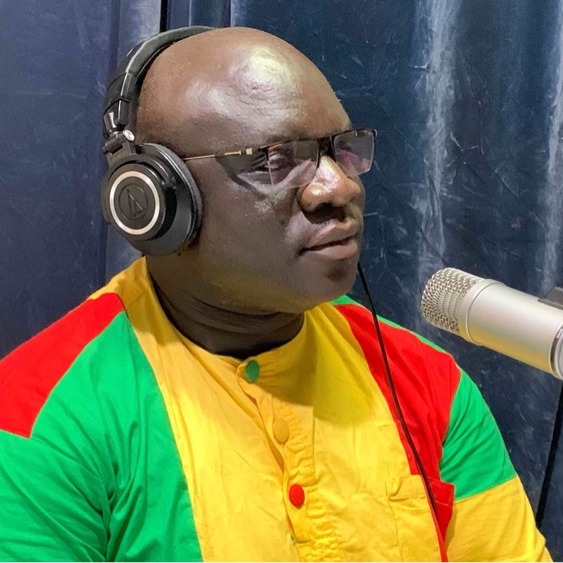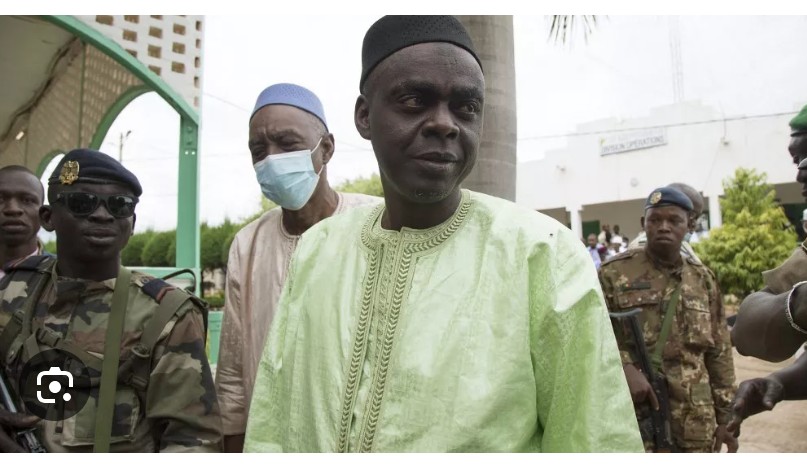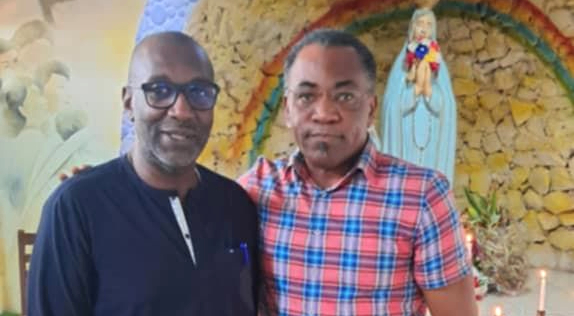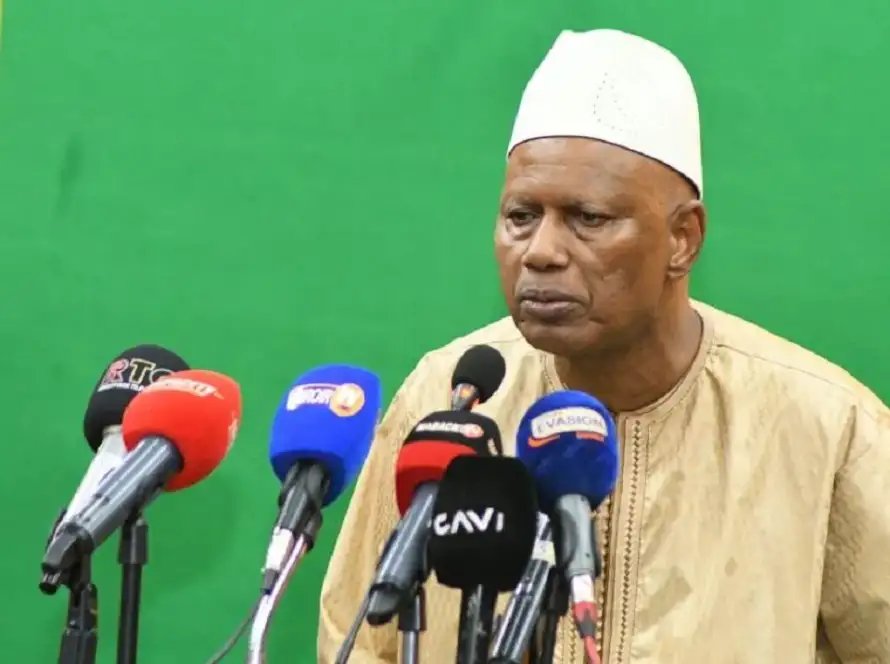A Malian court has sentenced Kassim Traoré, a journalist, and Mamadou Sidibé, a pro-junta activist to suspended prison terms for defamation, following their social media posts about an alleged altercation involving a magistrate and a public prosecutor.
The case, decided on July 28, 2025, by the National Cybercrime Unit in Bamako, stemmed from Facebook posts and online commentary about a reported confrontation at the court in Commune IV of the capital. The complainant, examining magistrate Aïssata Diakité, also known as Ina, said the posts defamed her and filed a complaint with the cybercrime authorities.
Four individuals were charged: Mamadou Sidibé, a pro-junta activist known online as “Gandhi Malien”; Kassim Traoré, journalist and founder of Diany Web TV; Issiaka Tamboura, director of the newspaper Le Soft; and Youssouf Traoré, alias “Cravate”, a journalist with Renouveau TV who is known for his Bambara-language press reviews.
The charges followed a flurry of social media reactions to the alleged scuffle between Diakité and Idrissa Hamidou Touré, the public prosecutor of Commune IV. The incident, though not officially confirmed in court, circulated widely online and was amplified by the posts and commentary of the four accused.
At the end of proceedings, the tribunal acquitted Youssouf Traoré and Issiaka Tamboura, ruling that the charges against them were unsubstantiated. However, it found Mamadou Sidibé and Kassim Traoré guilty of “defamation through an information system.”
Each was sentenced to six months’ imprisonment, suspended, and fined 150,000 CFA francs (approximately USD 245). The court also ordered them to publish the verdict on the platforms they operate, with a daily penalty of 500,000 CFA francs (USD 815) for non-compliance.
The Media Foundation for West Africa (MFWA) is deeply concerned about the defamation suit filed by Magistrate Aïssata Diakité as it arguably bears the hallmarks of a Strategic Lawsuit Against Public Participation (SLAPP).
Although the suit was brought under civil defamation, not criminal law, it nonetheless represents a disturbing use of legal processes by a powerful public official to target critical expression. SLAPPs are typically initiated not to necessarily win on merit, but to intimidate, distract, and punish journalists and commentators who report on matters of public interest.
The public altercation between Magistrate Diakité and the public prosecutor, though controversial, was clearly newsworthy and widely discussed on social media. Rather than engaging in open clarification or rebuttal through a rejoinder, the decision to sue for defamation sends a chilling signal to Mali’s media.
We therefore call on the Malian judiciary to guard against being used as a tool to suppress critical reporting or silence public commentary. Judges must be able to recognise the patterns of SLAPPs and dismiss such cases early, to protect freedom of expression and prevent abuse of the legal system. At the same time, we urge journalists and allied media professionals to uphold the highest standards of ethical journalism, verify facts carefully, and report responsibly.






